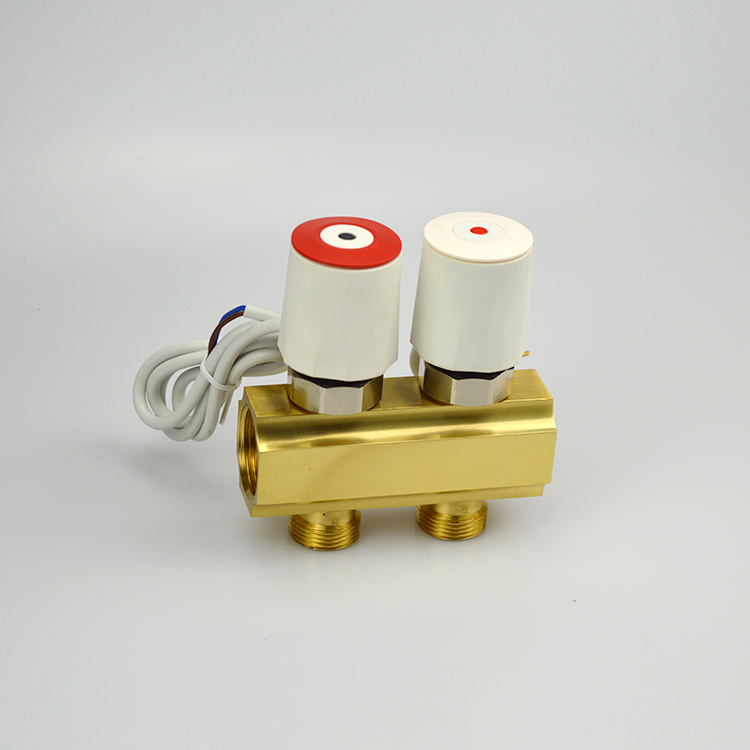2018-01
What Is a Thermal Actuator?
Actuators are merely devices used to convert
energy into motion. A thermal actuator is a type of non-electric motor
containing components such as a piston and a thermal sensitive material capable
of producing linear motion in response to temperature changes. These devices can
be used for many applications; the aerospace, automotive, agricultural
industries all widely employ thermal actuator devices.
A thermal actuator is one of the few devices
that require no outside power source to produce motion. In a thermal actuator
system, temperature changes can be used to perform certain tasks such as
release latches, operate switches and open or close valves. These devices are
very sensitive and can be used for applications that require actuation even at
very slight temperature changes.
The thermal-sensitive materials used in a thermal actuator react to fluctuations in temperature, causing the actuator's piston component to move. These materials are engineered to expand as temperatures rise, driving a piston out of the actuator. When a thermal actuator is exposed to decreases in temperature, the thermal-sensitive materials inside contract, allowing the device's piston to retract.

 Echo
Echo